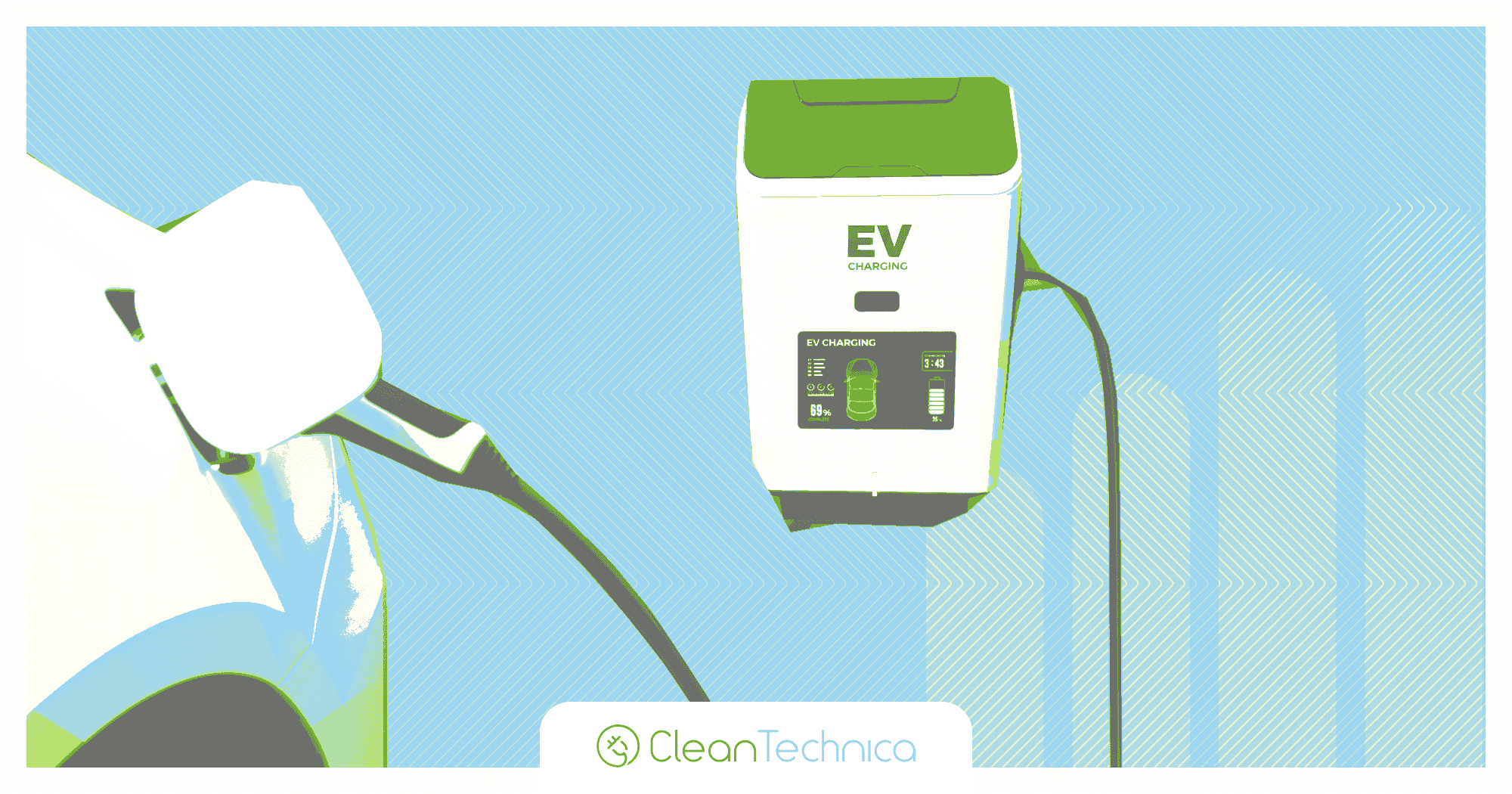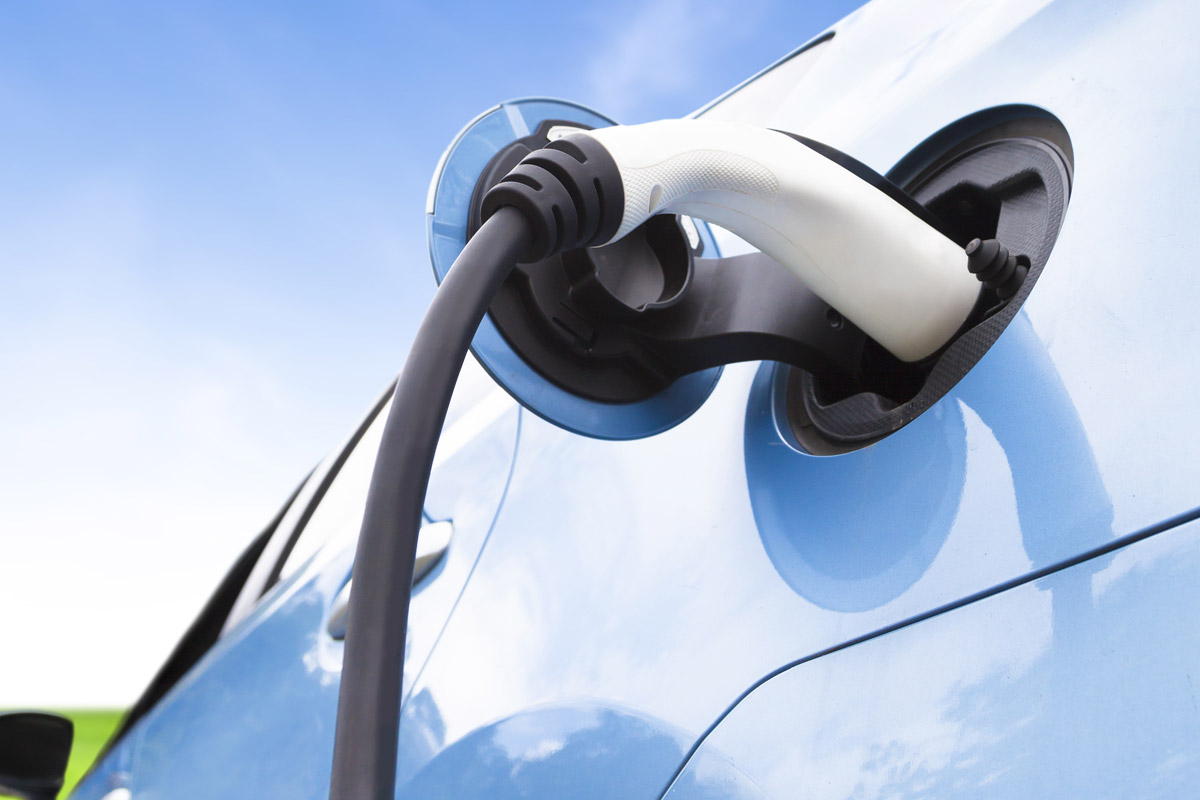The Biden administration finalized the toughest-ever limits on planet-warming emissions from passenger cars and light trucks Wednesday, in a controversial bid to accelerate the nation’s halting transition to electric vehicles.
Sign up for the Climate Coach newsletter and get advice for life on our changing planet, in your inbox every Tuesday.
The Environmental Protection Agency rule — President Biden’s most far-reaching climate regulation yet — would require automakers to ramp up sales of electric vehicles while slashing carbon emissions from gasoline-powered models, which account for about one-fifth of America’s contribution to global warming.
But unlike last year’s proposed rule, automakers would not need to dramatically boost electric vehicle (EV) sales until after 2030. The delayed timeline reflects an election-year concession to labor unions, a key Democratic constituency that has raised concerns about a rapid shift to EVs.
In another change from the proposal, automakers could comply by boosting sales of plug-in hybrid vehicles in addition to all-electric vehicles. Plug-in hybrids have recently proved more popular with U.S. consumers, in part because of concerns about a lack of public charging infrastructure.
The final rule will still prevent 7.2 billion metric tons of carbon emissions from entering the atmosphere through 2055, according to the EPA. It will also reduce fine particulate matter and nitrogen oxides, preventing up to 2,500 premature deaths from air pollution annually starting in 2055, the agency said.
“Our final rule delivers the same — if not more — pollution reduction than we set out at proposal,” EPA Administrator Michael Regan said on a call with reporters Tuesday previewing the announcement. “These final standards will also reduce some of the most serious pollutants that impact public health.”
Republican-led states and fossil fuel companies are likely to challenge the rule in court. But the Alliance for Automotive Innovation, a trade group whose members include Ford, General Motors, Stellantis and Toyota, praised the EPA’s decision to delay the stricter EV requirements until after 2030.
“Moderating the pace of EV adoption in 2027, 2028, 2029 and 2030 was the right call,” John Bozzella, president and CEO of the alliance, said in a statement. “… These adjusted EV targets — still a stretch goal — should give the market and supply chains a chance to catch up.”
U.S. EV sales have cooled in recent months. According to estimates from Kelley Blue Book, U.S. EV sales increased year-over-year by 40 percent in the fourth quarter of 2023, down from a 49 percent jump in the third quarter and a 52 percent spike in the second quarter.
“The EV market in the U.S. is still growing, but not growing as fast,” analysts with Kelley Blue Book wrote.
Yet Albert Gore, the executive director of the Zero Emission Transportation Association and the son of former vice president Al Gore, said other figures paint a more encouraging picture. He noted that a record 1.2 million EVs were sold in the United States last year, bringing EVs’ market share to 7.6 percent in 2023 compared with 5.9 percent in 2022.
“Whether or not we’re talking about a real slowdown, the trend line for EVs has been one of phenomenal growth over the last couple of years,” Gore said.
The price of EVs is also plunging so fast that they’re now almost as cheap as gas-powered cars. The average price difference last month was $5,000, according to data from Cox Automotive.
Still, the recent sales slowdown has prompted some automakers to scale back their EV plans, with Ford slashing production of the much-touted F-150 Lightning electric pickup truck. Many automakers are now pivoting to better-selling plug-in hybrids — a compromise between the internal combustion engines of the past and the batteries of the future.
n fight climate change together,” California Gov. Gavin Newsom (D) said in a statement.
Sign up for the Climate Coach newsletter and get advice for life on our changing planet, in your inbox every Tuesday.
The Environmental Protection Agency rule — President Biden’s most far-reaching climate regulation yet — would require automakers to ramp up sales of electric vehicles while slashing carbon emissions from gasoline-powered models, which account for about one-fifth of America’s contribution to global warming.
But unlike last year’s proposed rule, automakers would not need to dramatically boost electric vehicle (EV) sales until after 2030. The delayed timeline reflects an election-year concession to labor unions, a key Democratic constituency that has raised concerns about a rapid shift to EVs.
In another change from the proposal, automakers could comply by boosting sales of plug-in hybrid vehicles in addition to all-electric vehicles. Plug-in hybrids have recently proved more popular with U.S. consumers, in part because of concerns about a lack of public charging infrastructure.
The final rule will still prevent 7.2 billion metric tons of carbon emissions from entering the atmosphere through 2055, according to the EPA. It will also reduce fine particulate matter and nitrogen oxides, preventing up to 2,500 premature deaths from air pollution annually starting in 2055, the agency said.
“Our final rule delivers the same — if not more — pollution reduction than we set out at proposal,” EPA Administrator Michael Regan said on a call with reporters Tuesday previewing the announcement. “These final standards will also reduce some of the most serious pollutants that impact public health.”
Republican-led states and fossil fuel companies are likely to challenge the rule in court. But the Alliance for Automotive Innovation, a trade group whose members include Ford, General Motors, Stellantis and Toyota, praised the EPA’s decision to delay the stricter EV requirements until after 2030.
“Moderating the pace of EV adoption in 2027, 2028, 2029 and 2030 was the right call,” John Bozzella, president and CEO of the alliance, said in a statement. “… These adjusted EV targets — still a stretch goal — should give the market and supply chains a chance to catch up.”
U.S. EV sales have cooled in recent months. According to estimates from Kelley Blue Book, U.S. EV sales increased year-over-year by 40 percent in the fourth quarter of 2023, down from a 49 percent jump in the third quarter and a 52 percent spike in the second quarter.
“The EV market in the U.S. is still growing, but not growing as fast,” analysts with Kelley Blue Book wrote.
Yet Albert Gore, the executive director of the Zero Emission Transportation Association and the son of former vice president Al Gore, said other figures paint a more encouraging picture. He noted that a record 1.2 million EVs were sold in the United States last year, bringing EVs’ market share to 7.6 percent in 2023 compared with 5.9 percent in 2022.
“Whether or not we’re talking about a real slowdown, the trend line for EVs has been one of phenomenal growth over the last couple of years,” Gore said.
The price of EVs is also plunging so fast that they’re now almost as cheap as gas-powered cars. The average price difference last month was $5,000, according to data from Cox Automotive.
Still, the recent sales slowdown has prompted some automakers to scale back their EV plans, with Ford slashing production of the much-touted F-150 Lightning electric pickup truck. Many automakers are now pivoting to better-selling plug-in hybrids — a compromise between the internal combustion engines of the past and the batteries of the future.
n fight climate change together,” California Gov. Gavin Newsom (D) said in a statement.





